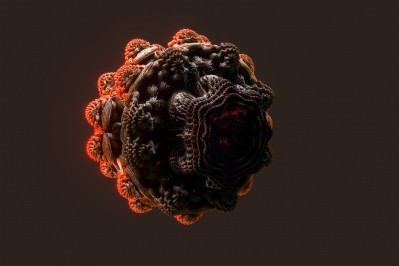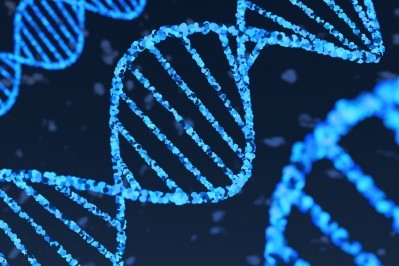Cell therapies show promise for addressing Parkinson’s disease non-motor symptoms

At the AD/PD 2024 International Conference on Alzheimer’s and Parkinson’s Diseases, BlueRock Therapeutics presented encouraging results from its phase 1 clinical trial of the gene-modified cell therapy Bemdaneprocel.
The trial data points to the early promise of cell therapies addressing the motor and non-motor symptoms of PD, according to data and analytics firm GlobalData.
Lorraine Palmer, pharma analyst at GlobalData, said: “Bemdaneprocel, BlueRock Therapeutics’ pipeline cell therapy which is expected to begin phase 2 enrolment this year, involves surgically transplanting dopaminergic neuronal progenitor stem cells.
“With the results showing that these cells survive 18-months post transplantation and 6-months post the cessation of immunosuppression, Bemdaneprocel shows early potential of addressing the loss of dopaminergic neurons by replacing them.”
Bemdaneprocel was well tolerated across the cohorts with only one severe adverse event reported; a seizure event believed to have been due to the transplantation surgery rather than the cell therapy itself.
In addition, there were no reported cases of graft-induced dyskinesia, an adverse event which has previously occurred in PD cell transplantation trials.
While the trial was not powered to measure statistical significance against a control group, a reduction of motor-symptoms was witnessed, particularly in the higher dose cohort.
Among other positive results, the higher dose cohort also showed trends towards improvements in their neuropsychological evaluations, suggesting positive outcomes in neuropsychiatric symptoms, cognitive functioning, and frontal-lobe related behaviours.
According to GlobalData's drug database, globally, there are currently two other neuronal progenitor stem cell therapies which have completed phase 1 or above trial in PD and disclosed results, Cyto Therapeutics’ ISC-hpNSC and Celavie Biosciences’ HSCfPD.
Like the Bemdaneprocel trial, Cyto Therapeutics reported an improvement in non-motor symptoms in their phase 1/2a ISC-hpNSC trial, while improvements in non-motor symptoms in phase 1 trial with Celavie Biosciences’ HSCfPD were noted as minor.
There are five other neuronal progenitor stem cell therapies in phase 1 and phase 2 trial for PD, all currently have no published results and only two have disclosed estimated publication dates; Novo Nodisk AS’ NN-9001 (2025) and S.Biomedics’ TED-A9 (2026).
Palmer continues: “All three neuronal progenitor stem cell therapies with disclosed data in PD saw improvements in core motor PD symptoms. However, that two of them have led to improvements in neuropsychological evaluations is particularly noteworthy as addressing non-motor symptoms in PD is an unmet need in the current market.
“It is early days for dopaminergic neuronal progenitor stem cell therapies, however, if they can address unmet needs like the loss of dopaminergic neurons through replacement, arrest disease progression, and improve not only motor symptoms but non-motor symptoms, they have the potential to become market changers.
“The results from the Bemdaneprocel trial strengthens these hopes and shows that further investigation is warranted.”











